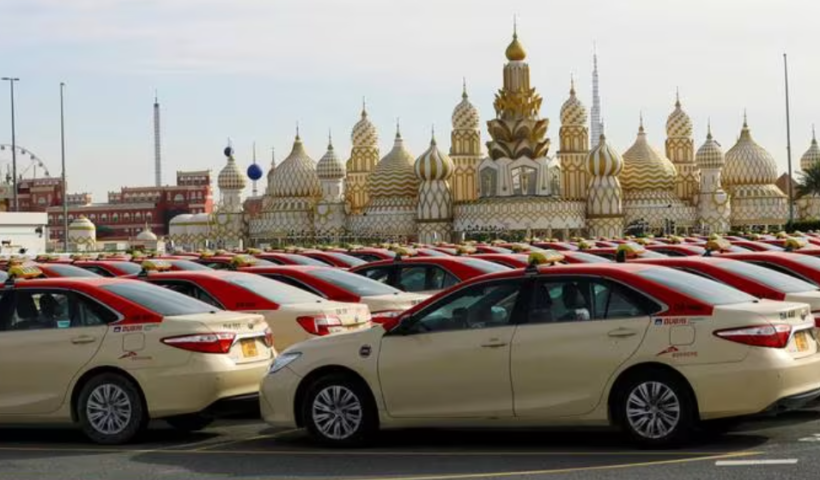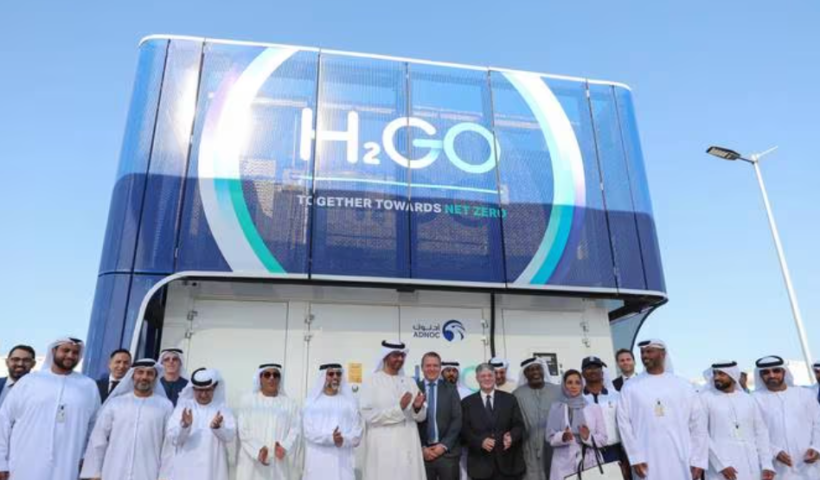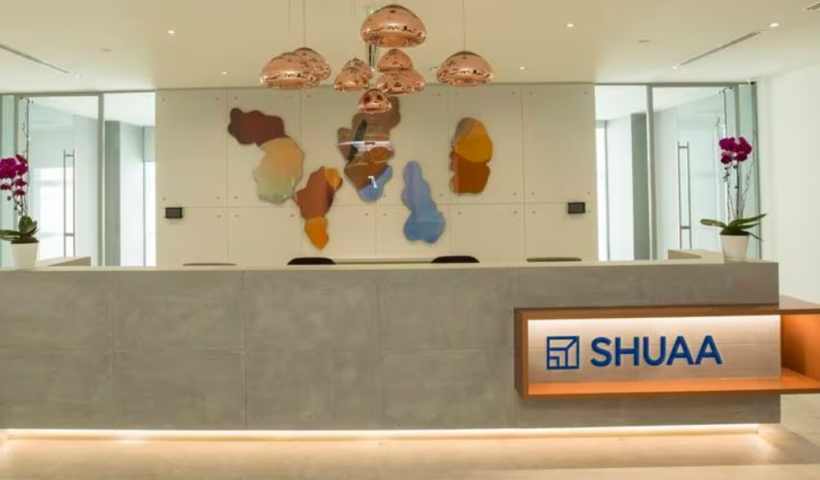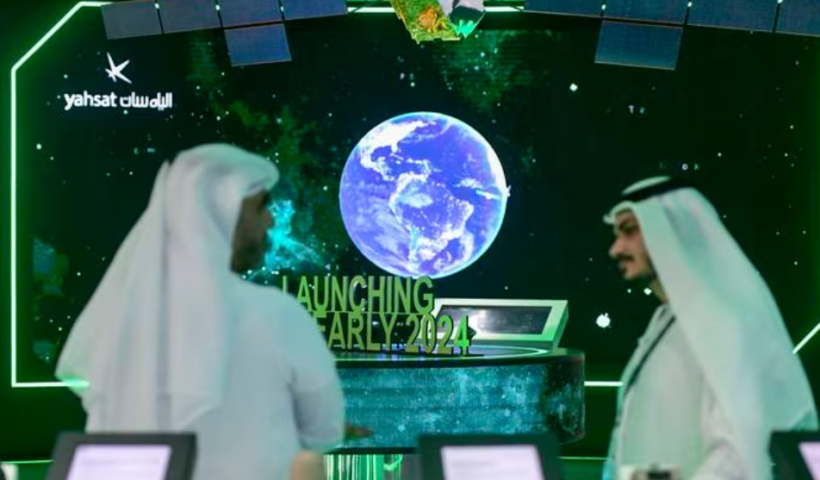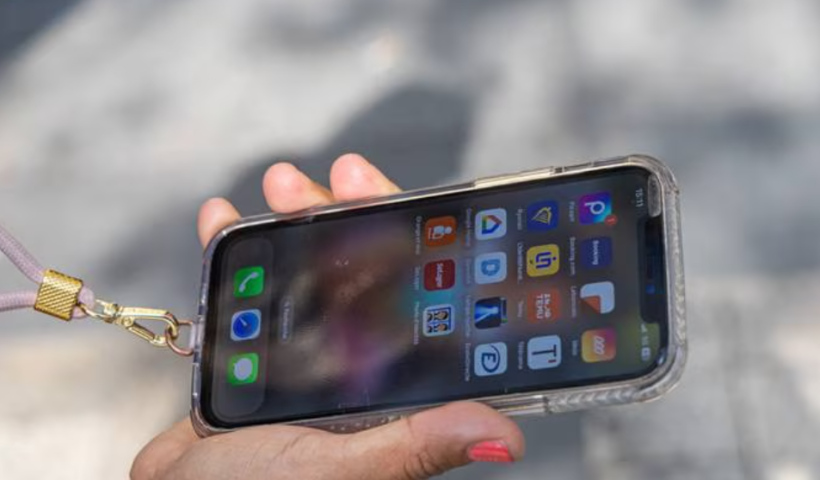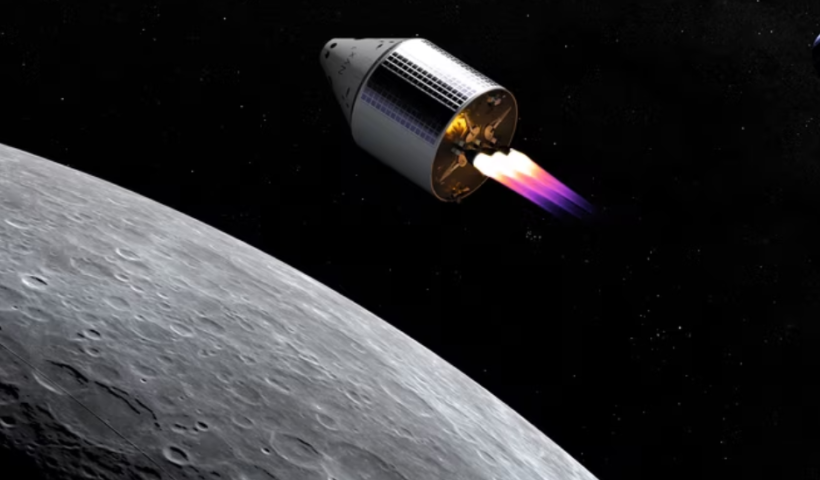On June 30th Nov, 2022, Top to Bottom Social marked a significant milestone in its journey by receiving the highly coveted “Social Media Advertiser Award at the renowned MENA Digital Awards”. This recognition not only cements our position as industry leaders but also highlights our dedication to creating innovative and impactful campaigns across the digital landscape.
A Testament to Innovation and Strategy
Winning this award is a testament to our ability to blend creativity with data-driven strategies, delivering exceptional results for our clients. The MENA Digital Awards, known for celebrating excellence in the digital and media sectors, honors agencies that push boundaries to create meaningful connections between brands and audiences.
Why This Recognition Matters:
The Social Media Advertiser category is one of the most competitive, requiring entrants to showcase standout campaigns that have successfully leveraged platforms like Instagram, Facebook, LinkedIn, and TikTok. Our winning entry stood out due to:
– Innovative Storytelling: Using creative narratives that resonated with target audiences.
– Engaging Content Strategies: Crafting campaigns that went beyond metrics to drive conversations and community building.
– Proven Results: Demonstrating measurable success in client engagement, lead generation, and conversions.
The award-winning campaign was built around the concept of [briefly describe campaign idea—e.g., “empowering young entrepreneurs through a bold social media challenge”]. This approach not only aligned with our client’s vision but also inspired action, driving millions of impressions and fostering a strong emotional connection with the audience.
Acknowledgments and Gratitude
We dedicate this achievement to our talented team, whose hard work and creativity made this recognition possible. We also extend our gratitude to our clients for trusting us to bring their visions to life and to the MENA Digital Awards committee for acknowledging our efforts.
Looking Ahead
This award inspires us to continue breaking new ground in social media advertising. With evolving digital trends and emerging platforms, we remain committed to staying at the forefront of the industry, delivering solutions that exceed expectations and redefine what’s possible in the digital marketing space.
As we celebrate this achievement, we invite you to join us on this journey of innovation, creativity, and impact. Together, we’ll shape the future of digital advertising.


